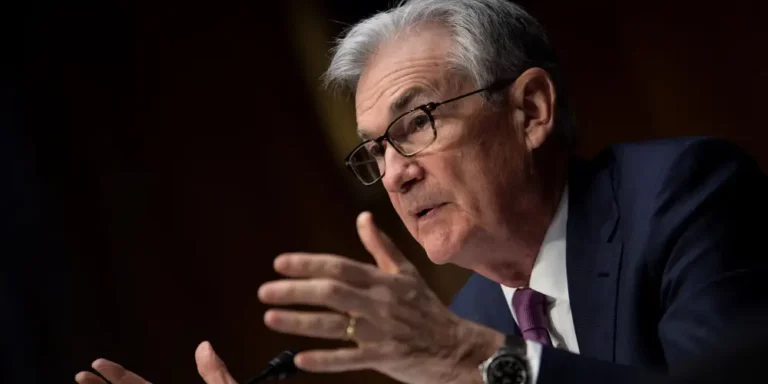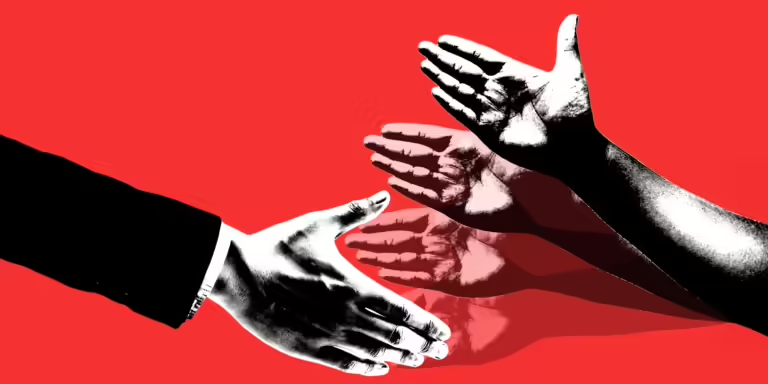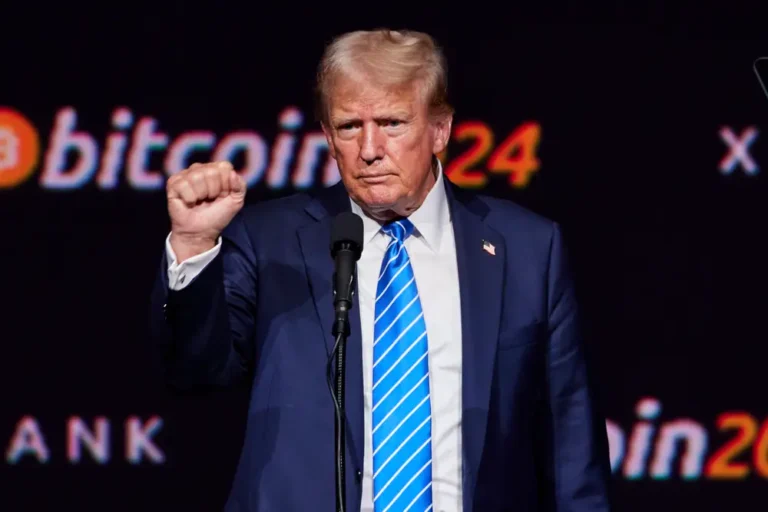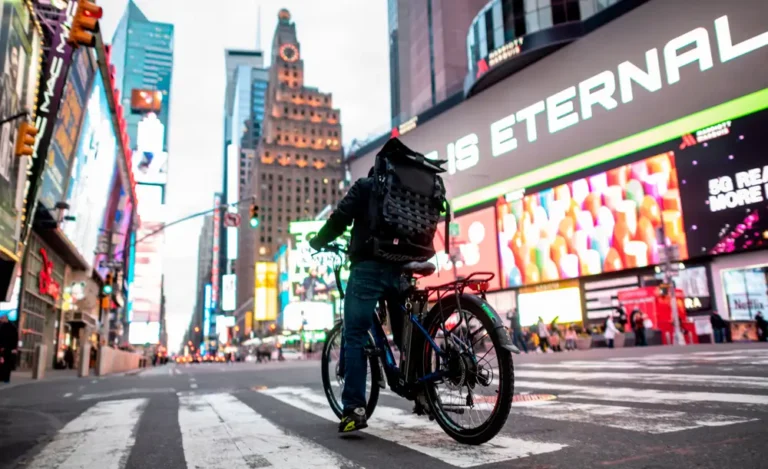‘I don’t believe in fairy tales’: A veteran economist shares 10 overlooked reasons why the US economy is bound to contract, even as Wall Street bails on recession calls

- Some top Wall Street firms have ditched their downturn predictions in recent months.
- But bearish economist David Rosenberg is sticking to his glass-half-empty thesis.
- Here are 10 reasons why Rosenberg isn’t buying into the hype about an economic expansion.
For years, veteran economist David Rosenberg has warned that the US economy is on shaky ground. Late last summer, it appeared that his frequently repeated bearish forecast had finally come true.
Surprisingly, GDP growth has accelerated again after contracting in consecutive quarters, prompting top investment firms such as Bank of America to admit defeat on their recession forecasts.
Although the founder and chief economist of Rosenberg Research is under intense pressure to do the same, he has no plans to change his long-held beliefs anytime soon.
“I don’t believe in fairy tales, and I don’t believe in new eras,” Rosenberg recently told Insider. “And I don’t believe that the business cycle has been repealed.”
10 reasons why the economy is still in jeopardy
The bull case for the US economy is straightforward: unemployment remains near multi-decade lows, owing to strong consumer spending. While higher interest rates are a pain, they have slowed once-rampant inflation without crushing economic growth, as some had predicted.
That may sound compelling, but Rosenberg provided ten reasons why the best-case scenario isn’t always the most realistic.
First, consumers have been on “training wheels,” as Rosenberg puts it, as a result of a massive wave of fiscal stimulus during the pandemic, which is now dwindling. The stimulus checks that boosted spending and kept lower-income households afloat during stay-at-home orders are no longer available, but the withdrawal effects are only now becoming apparent. Rosenberg does not anticipate a happy ending.
“We’re going to see how this economy looks when it’s naked,” Rosenberg said.
Rosenberg predicts that the return of student loan payments this fall will reduce spending. Younger people, who are typically big spenders, will be disproportionately affected.
The consumer savings rate is falling as excess stimulus fades. Rosenberg noted that households are saving 3.5% of their take-home pay, which is well below pre-pandemic levels of 8% to 9%. According to Rosenberg, consumers’ savings cushion tends to shrink before recessions.
“I would argue that the savings rate is perhaps the most important behavioral aggregate coming out of the national accounts,” said Rosenberg.
The deterioration of household credit is another sign of stress. Consumer credit delinquency rates increased to 2.4% in Q2, well below the historical average but far above the 18-month lows. Non-mortgage household credit quality is deteriorating, according to Rosenberg, and it could quickly worsen if the unemployment rate rises.
High mortgage rates, which are linked to interest rates, are putting a strain on new homeowners, according to Rosenberg, though this is a relatively small segment of the population. According to him, home affordability is actually worse now than it was at the peak of the housing bubble.
Higher oil and gas prices are also hurting consumers, according to Rosenberg. The downstream impact of Saudi Arabia and Russia’s production cuts is reaching customers at the pump at an inconvenient time, preventing inflation from returning to more normal levels.
As a result of the headwinds, cash-strapped consumers are scrambling to make ends meet by taking on new jobs. A significant increase in part-time employment appears to be a positive sign, but Rosenberg explained that it is actually a sign of stress in a late-cycle environment because it indicates that people are increasingly desperate to pay off debt.
“Why would people want to go out and get a second job on purpose?” “Here’s why: they need the money,” Rosenberg explained. “And they need the money because the 525 basis point rate increase is putting strains on their finances and eating into their debt service capacity.”
These part-time jobs appear to have come at the expense of temp workers, as temp hires are steadily declining, according to Rosenberg. That’s a troubling leading indicator lurking beneath the surface of what appears to be a healthy labor market, he says.
“We’ve all learned that when the headhunters start chopping heads, the rest of us aren’t far behind,” Rosenberg said.
Consumers can be affected by macroeconomic dynamics, either directly or indirectly. The US auto industry workers’ strike affects far more than just car buyers, while a government shutdown, which some predict, would affect every American. These developments could lead to an increase in unemployment and a decrease in spending at a critical juncture.
“It’s just one negative shock after another happening at a time when the fiscal training wheels on the bicycle are coming off,” said Rosenberg. “So, in my opinion, this is going to paint a fairly bleak picture for the economy as we enter the fourth quarter and beyond.”






